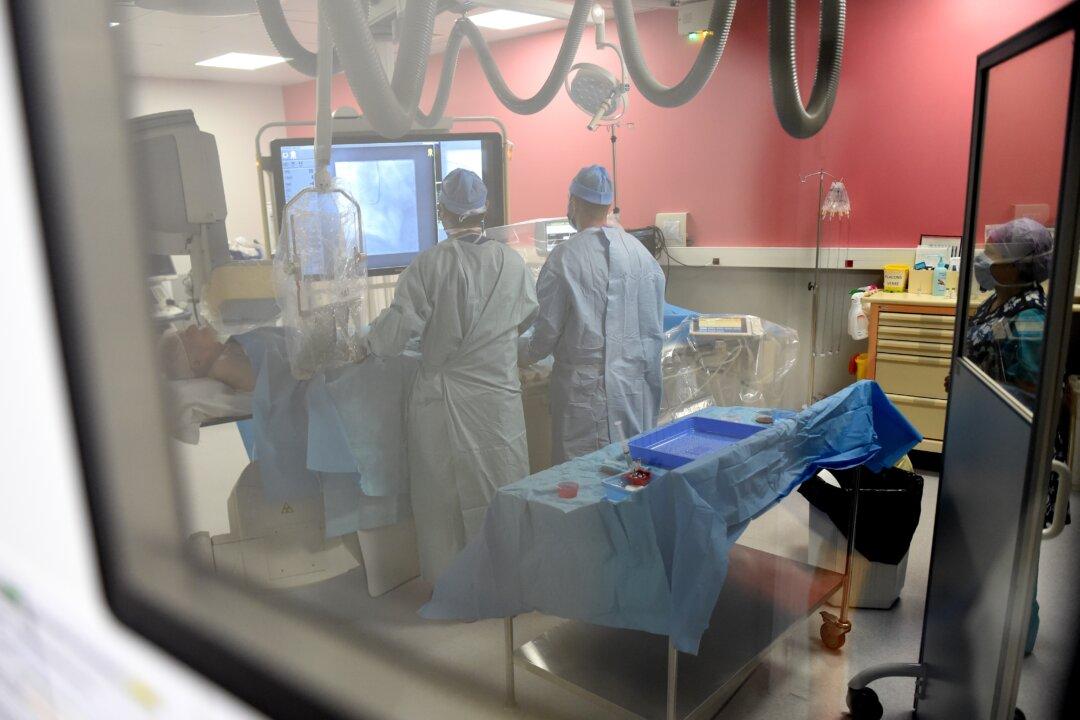French researchers said they located a CCP virus patient in the country who contracted the illness in December 2019, about a month before the first reported case.
The CCP (Chinese Communist Party) virus, commonly known as novel coronavirus, originated in China last year. The virus, also known as SARS-CoV-2, causes the disease COVID-19.





